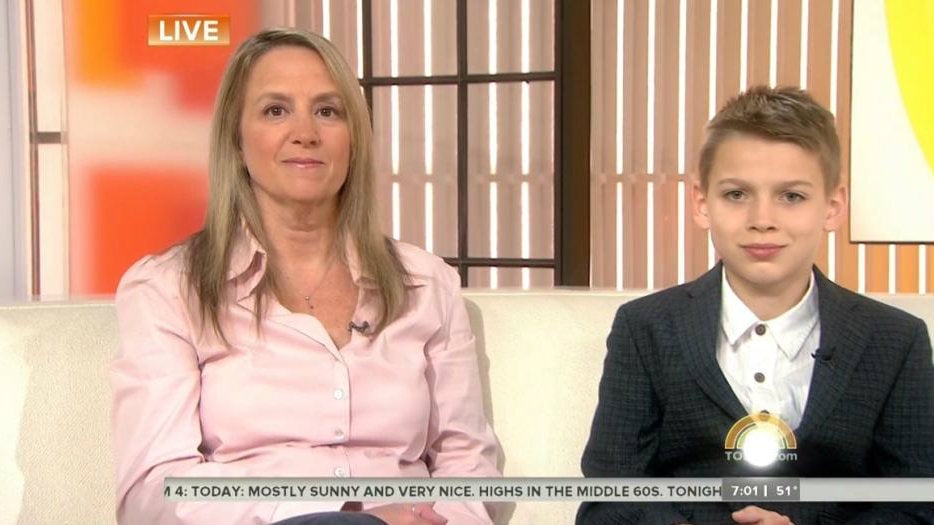If you sensed something off about the story of the woman who sued her nephew, you were right
Earlier this week, Jennifer Connell was called the “Aunti Christ” for bringing a $127,000 lawsuit against her 12-year-old nephew for breaking her wrist with his enthusiastic hug. #Auntfromhell started trending on Twitter, and Connell was publicly vilified for blaming an innocent child.


Earlier this week, Jennifer Connell was called the “Aunti Christ” for bringing a $127,000 lawsuit against her 12-year-old nephew for breaking her wrist with his enthusiastic hug. #Auntfromhell started trending on Twitter, and Connell was publicly vilified for blaming an innocent child.
But her lawsuit makes perfect sense from a legal standpoint, and it seems those who rushed to judge have more to feel guilty about than Connell herself.
Tom Baker, law professor at University of Pennsylvania, tells Quartz that the lawsuit is “entirely routine” and “unremarkable.”
He explains that, although Connell was suing her nephew, any compensation would have been paid by liability insurance–as is the case with most tort lawsuits in the United States.
Connell has said that she needs the compensation to pay for medical bills, and that the insurance company only offered $1 compensation before the lawsuit. Her law firm, Jainchill & Beckert, said in a statement, “Our client was never looking for money from her nephew or his family. It was about the insurance industry and being forced to sue to get medical bills paid.”
Baker says that, though he doesn’t know the details of Connell’s situation, it seems likely that she needed to bring a lawsuit because her health insurance didn’t cover the cost of her medical care. He adds:
One of the main things that predicts whether someone brings a lawsuit is whether they have medical needs that are not met by their health insurance. When I hear about it, I don’t think ‘That terrible greedy aunt’. I think, ‘She probably didn’t get all her health expenses paid’. You might say that’s the real problem.
Connell has said it was “heartbreaking” to be publicly attacked by so many strangers. “It was a complete shock to me. It was amazing how I walked into court that morning and walked out all over social media,” she said in an appearance on the TODAY show.
Though Connell’s lawsuit may seem odd to those outside the legal profession, Baker says that she does not deserve such aggressive criticism. “It does seem unfair to me. I think it reflects the rush to judgment and vilify people on Twitter,” he says.
Connell is not the first person to face such widespread condemnation on Twitter. Earlier this year, Jon Ronson explored the phenomenon in his book So You’ve Been Publicly Shamed, in which he outlined several cases where individuals were humiliated on social media.
Twitter condemnation is a poor form of citizen justice and, in this case, was entirely undeserved. The #Auntfromhell sounds like a rather nice aunt after all, and Connell deserves our sympathy more than our outrage.